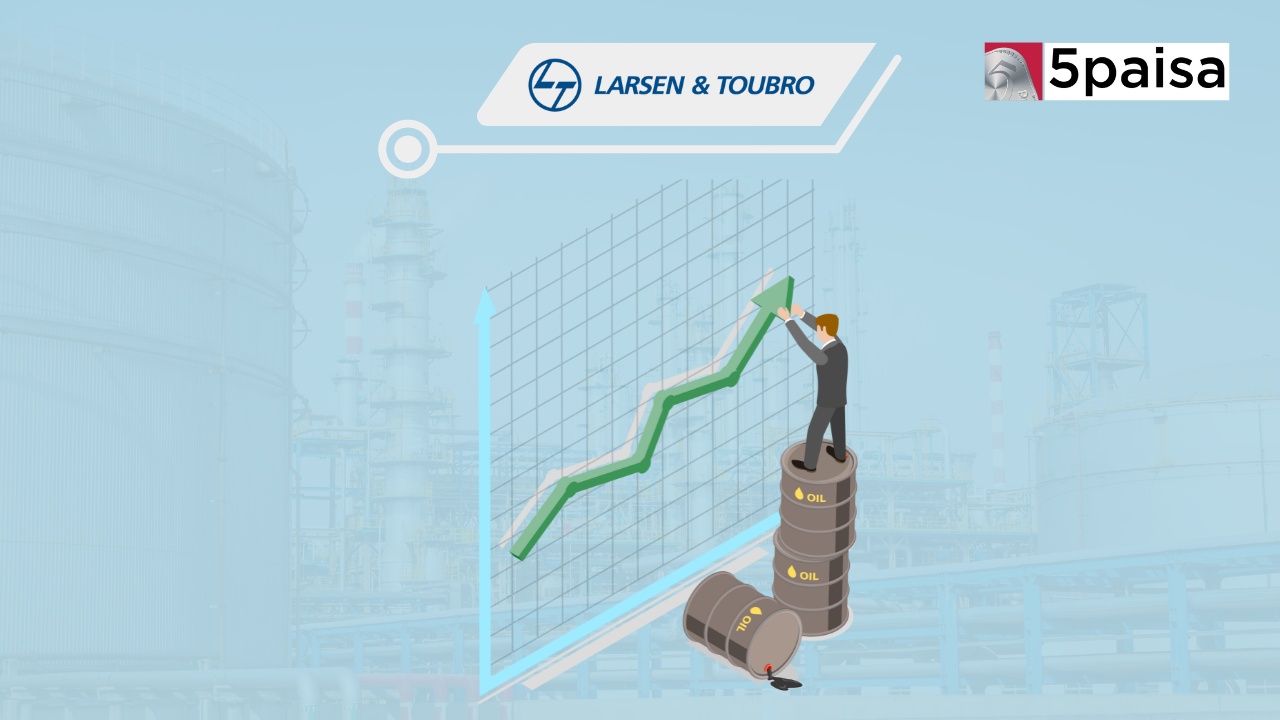Start-up funding dips to 2 year low in September 2022 quarter

There was a point about 2-3 years back when the Indian start-up ecosystem used to churn out start-ups by the dozen. Not any longer. It looks like the start-up system has also been mugged by reality as valuations and cash flows are starting to look more related. In the second quarter of the fiscal ended September 2022, only 2 start-ups attained Unicorn status. Typically, a unicorn is used to define a start-up with a $1 billion valuation based on the last funding round (remember these companies are not listed). This is nothing new to India but part of a global trend where sanity is returning to the spate of start-up deals.
According to the latest report on the start-up ecosystem put out by PWC, the total start-up funding in India touched a 2-year low at $2.7 billion during the September 2022 quarter. One look at the start-up deals tracker is enough to underline the fact that start-ups are not the mug’s game any longer to make money. If you look at the global scenario, a total of 20 Unicorns were produced with nearly half of them from the SAAS (software as a service) segment. In comparison to the global scenario, India is not too badly off. However, the Indian start-up system normally benchmarks to its own past and that is the issue.
The total fund raising of $2.7 billion by the start-ups happened across 205 deals in total. But the real trend is a lot more interesting. It cannot be denied that there was a decline in funding across all stages of investment; ranging from early-stage to growth-stage to late-stage. However, the impact has bene the lowest in early-stage deals. It was these early stage that contributed 21% of total deal value compared to 12% in the last quarter. That means; there is greater interest in early stage risk funding than in late stage or repeat funding. It can be inferred as a positive trend that there is still a lot of interest in the early stage funding.
The concern is not about the lower funding as that is a global trend. The key takeaway is that there is greater preference for the start-up ecosystem than for later stage funding. The observation in the September 2022 quarter was that early-stage start-ups were able to raise capital more easily and this trend according to PWC is likely to continue. That could be because, these early stage start-ups are relatively more insulated from fluctuations in the public markets as compared to late stage deals. This has been the challenge globally, where public markets have not taken too kindly to the quintessential start-up model.
The funding of start-ups is also a function of how much capital these PE funds and VCs have raised and most of them have raised billions of dollars of capital. That capital needs to be deployed and it needs to be deployed urgently and productively. According to the PWC report, much of this capital will eventually find its way into the India start-up ecosystem. To that extent, Indian start-ups are still going to be better off, at least the early stage players. In fact, the early stage funding accounted for 70% of the start-up deals in volume terms, although it was just 21% in value terms, which is understandable.
In the Indian context, the average deal ticket size (ADST) during the quarter was less than $5 million on an average and that can be largely attributed to the surge in funding for the early stage funding programs. In total, 38 M&A deals involving start-ups were executed in the September 2022 quarter; which included 30 domestic deals, 5 inbound and 3 outbound deals. In terms of sectoral mix; SAAS and Edtech dominated the funding ecosystem. The big star of the start-up ecosystem in the quarter was Upgrad (the Indian Edtech major) which made 4 acquisitions in the quarter.
- Flat ₹20 Brokerage
- Next-gen Trading
- Advance Charting
- Actionable Ideas
Trending on 5paisa
06
 Tanushree Jaiswal
Tanushree Jaiswal
Indian Market Related Articles
Disclaimer: Investment in securities market are subject to market risks, read all the related documents carefully before investing. For detailed disclaimer please Click here.
 5paisa Research Team
5paisa Research Team




